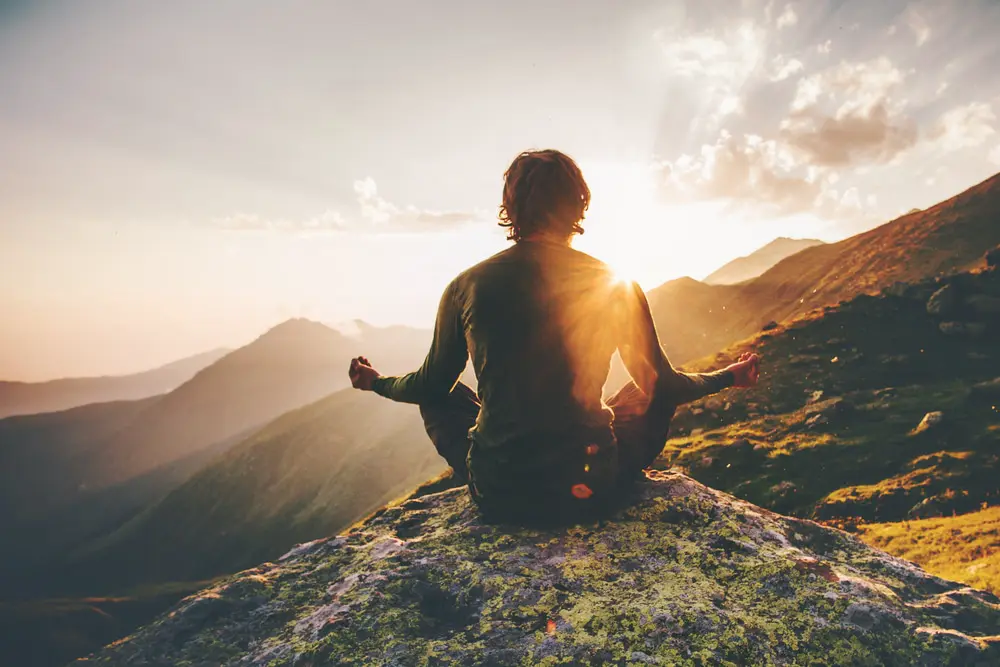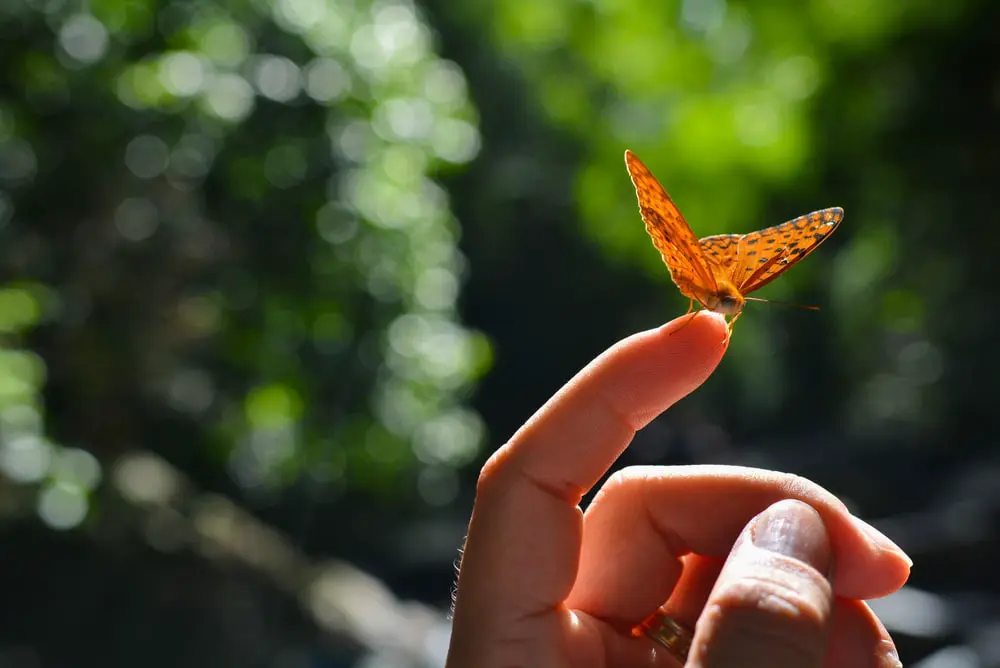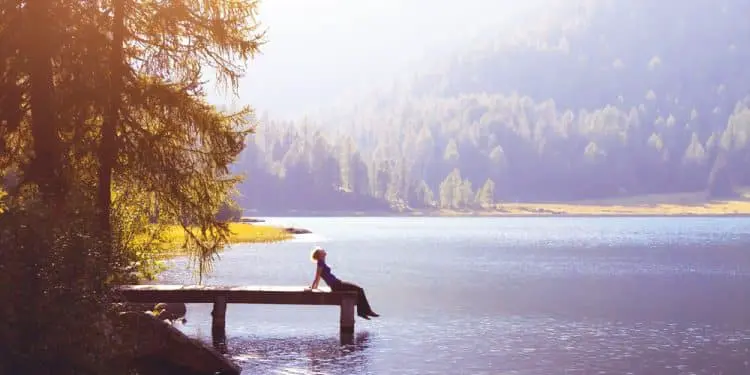Mental health and nature have an irrefutable connection.
It is reported that spending at least 2 hours a week in nature is directly associated with levels of good health and wellbeing. “Recreational nature contact” increases how well and happy people report themselves to be, regardless of how that 2 hours of contact is spent.
It could be bird watching, walking, playing sport, swimming, or simply sitting on an outdoor bench. Whatever it is, it is being shown that it helps us and makes us feel better.
So… Do we do it? Do we get our 2 hours a week with nature?
It seems that a lot of us don’t, not yet anyway.
What’s going on out there?
It is also reported that the average US adult spends nearly 4 hours a day on their mobile devices and, on average, we pick up our phones 58 times per day. Our technology has advanced so much over the last decade that, yes, it is better than ever, but it is also more dangerous than ever to our mental health and our emotional wellbeing. Spending nearly 4 hours a day on a phone but less than 2 hours a week outside in nature is never going to be a good combination for us.
On top of that, more of us work behind screens all day every day. More of our social interaction takes place through phones, computers, and tablets. Now, even some of our events and gatherings take place through screens.
There is less outside, more inside.
We have fallen into some bad habits over the last decade and the COVID-19 pandemic hasn’t helped either. The pandemic has given a lot of people increased anxiety and phobias, especially around going outside and socialising in public, some have even coined terms such as “pandemic agoraphobia” and “coronaphobia.” This seems to particularly be impacting young people, as the levels of distress and anxiety in young people continue to increase worldwide.

It seems like, without being excessively negative about our habits and our world, we have gotten ourselves into a bit of a pickle, and a bit of a rut.
And when we are in a bit of a rut, it is very easy to feel downtrodden, depressed, and even hopeless.
It is important for us all to acknowledge, I think, that what happened over the course of the global pandemic was extremely stressful and worrying for all of us. We spent a lot of our time being scared, not knowing what was around the corner, and taking steps to barricade ourselves away from the rest of the world. It is important for us to also acknowledge that this kind of fear and stress doesn’t go away overnight.
The pandemic might be over the worst of things but that doesn’t mean that our mental health symptoms related to it just disappear overnight.
It makes sense that we feel disconnected from the world, it makes sense that staying inside and spending time on our devices feels more comfortable and safer, and it makes sense that we have gotten out of the swing of things when it comes to spending ample time outside, connecting with nature.
But mental health and nature go hand in hand, even more than we might imagine they do. So it is important that we reexamine the relationship we have with nature so that we can move forward from this pandemic in a happier and healthier way.
Nurturing our relationship with mental health and nature again

So, how do we do that?
We need to find ways that work for us in our own lives to connect to nature again. We have been separated for a while and we need to rejoin hands.
The important thing to note is that we can do this as slowly and as steadily as we want and need to. There is no shame or blame involved and we don’t need to feel bad about spending less time in nature than we do. As we said, it’s completely understandable after such intense times. When we feel shame, usually all that happens is that we retreat further back into our safe zones. So let’s avoid it as much as we can.
What we can focus on now is small steps back into an integrated indoor-outdoor life.
Here are some ways you might begin to get back out into nature for enough time per week:
- A morning walk before work
- Regular visits to a local park
- Walking your dog or offering to walk someone else’s dog for them
- Going to the beach
- Wild swimming
- Hiking
- Working on your garden
- Planting flowers, plants, herbs and/or vegetables
- Going to an allotment
- Walking to shops rather than driving
- Meeting friends and family outside
- Taking up a new sport
- Visiting a nature reserve or wildlife spot
- Taking up a new hobby that involves outside time
Whatever it is you choose to do doesn’t matter, that can depend entirely on your own tastes and interests. The only thing that does matter is that you are making a consistent effort for yourself by getting out there and reconnecting to nature.

We can’t control what goes on in our external world and the pandemic has definitely shown us that. But we can control what choices we make for ourselves on a regular basis, and a good place to start when we are examining how our choices impact our mental health is looking at the time we spend outside and with nature.
We know now about the direct connection between mental health and nature, so we know that we have to get out there and heal that connection that has been broken over the course of the last few years.
It won’t heal everything, of course, it won’t, but it is a really great place to start.
And, usually, all we need to get out of a bad spot in our lives is a really great place to start.
So let’s start together, let’s get back out into nature every single week and let’s heal together.
What do you say?

